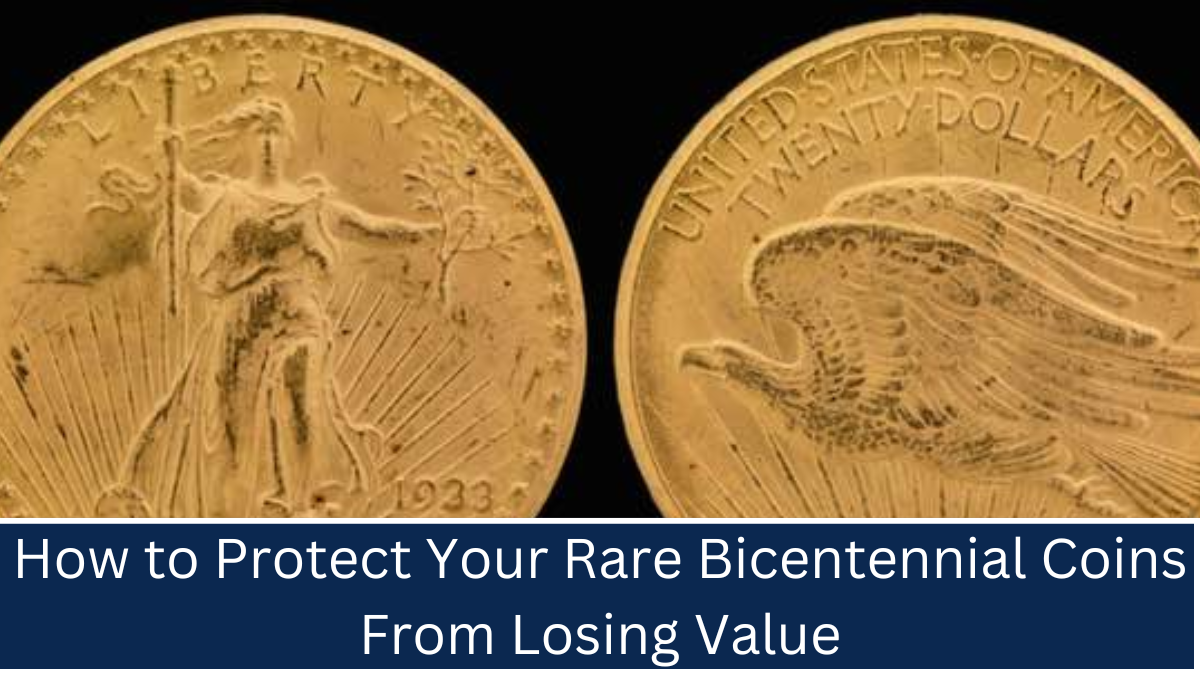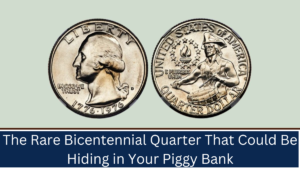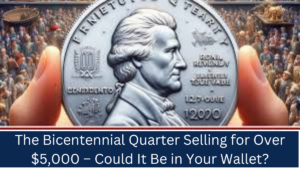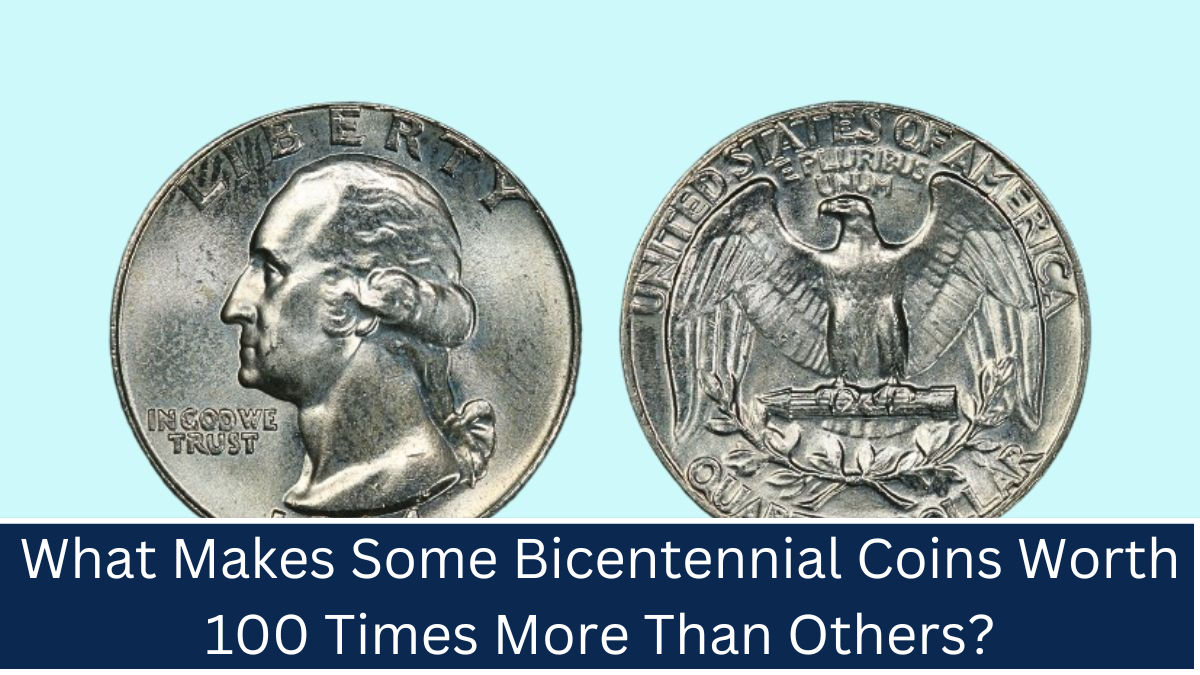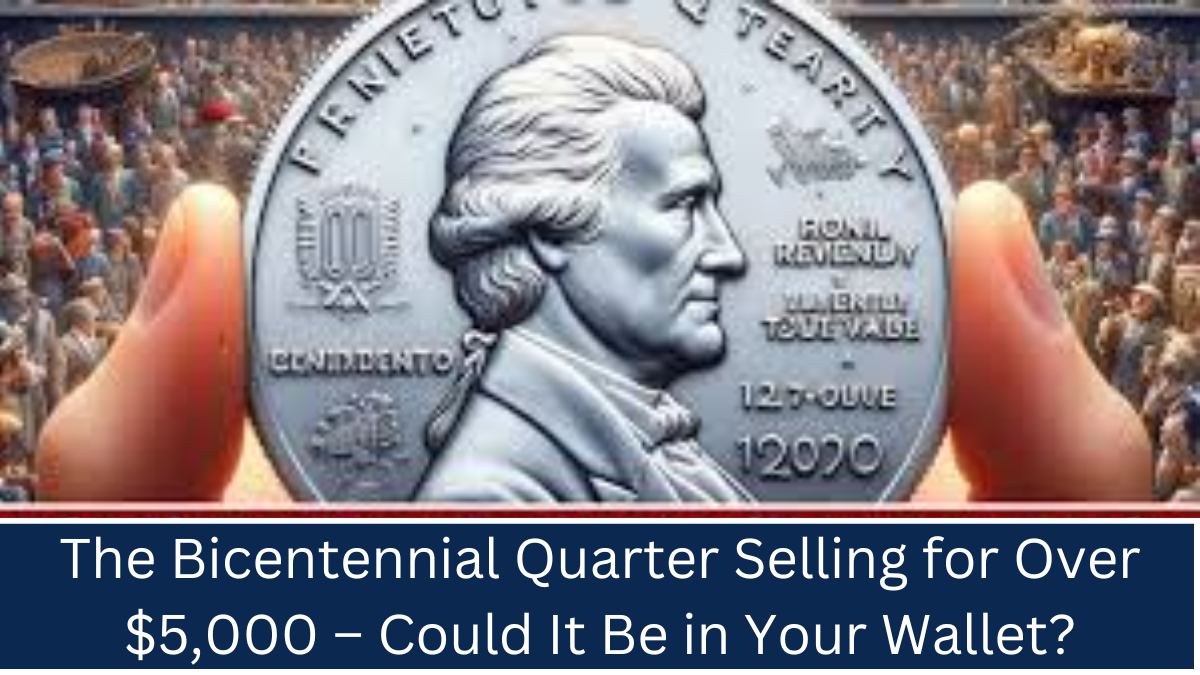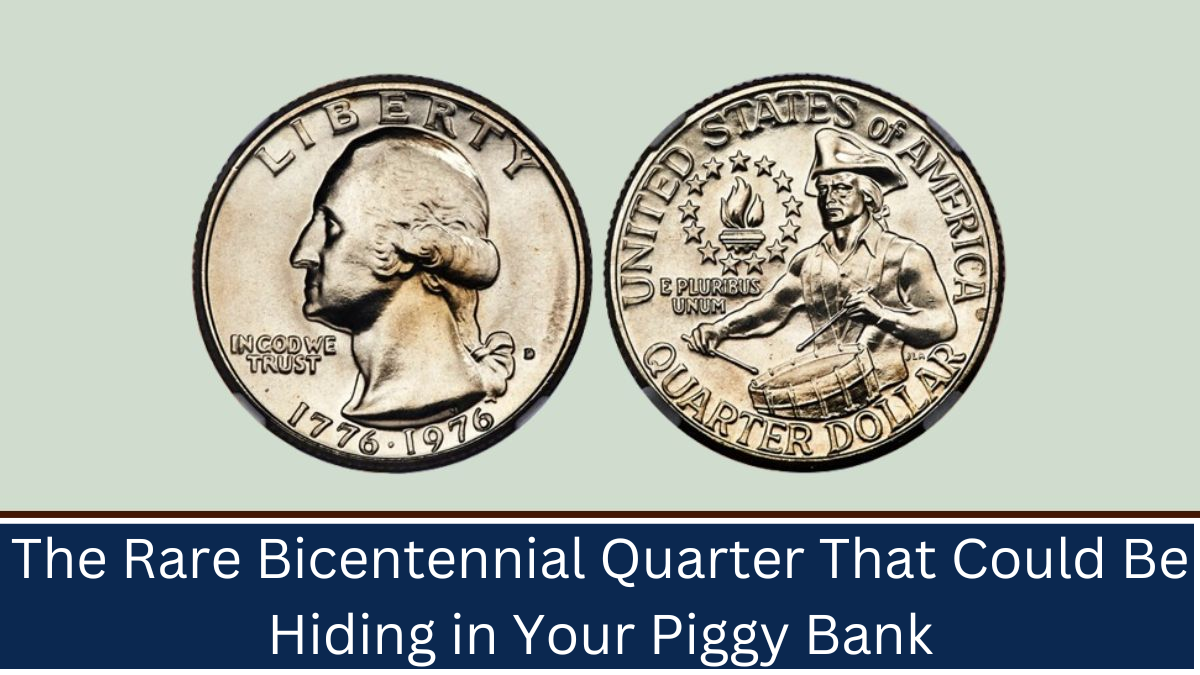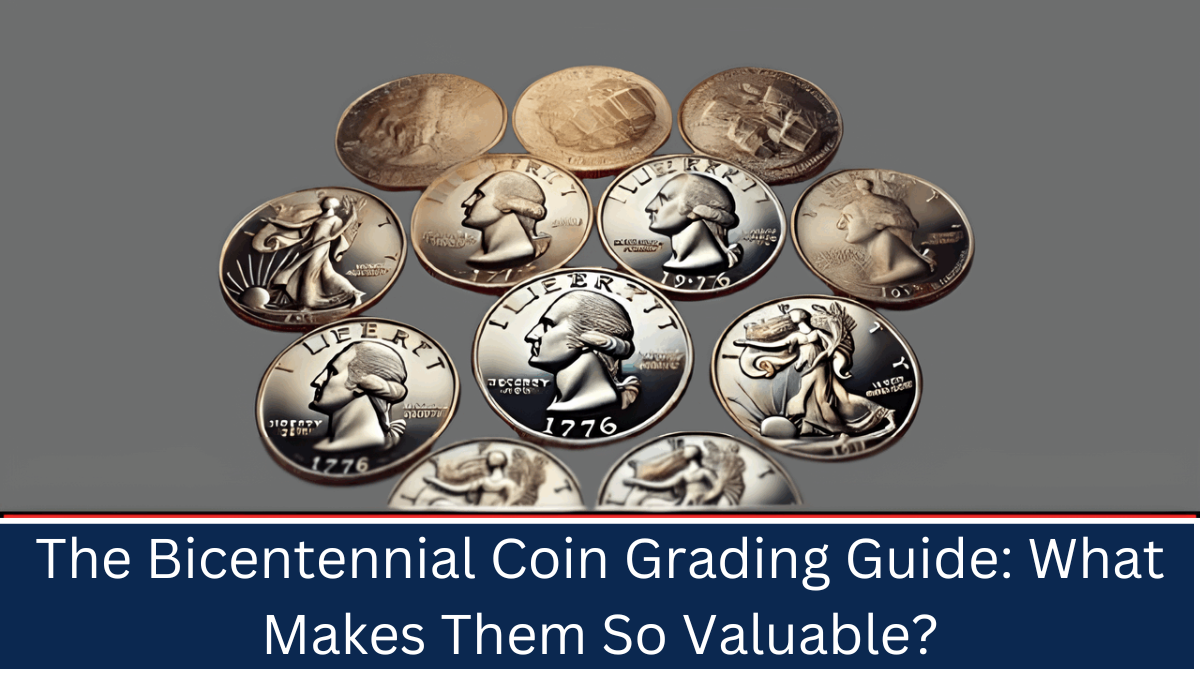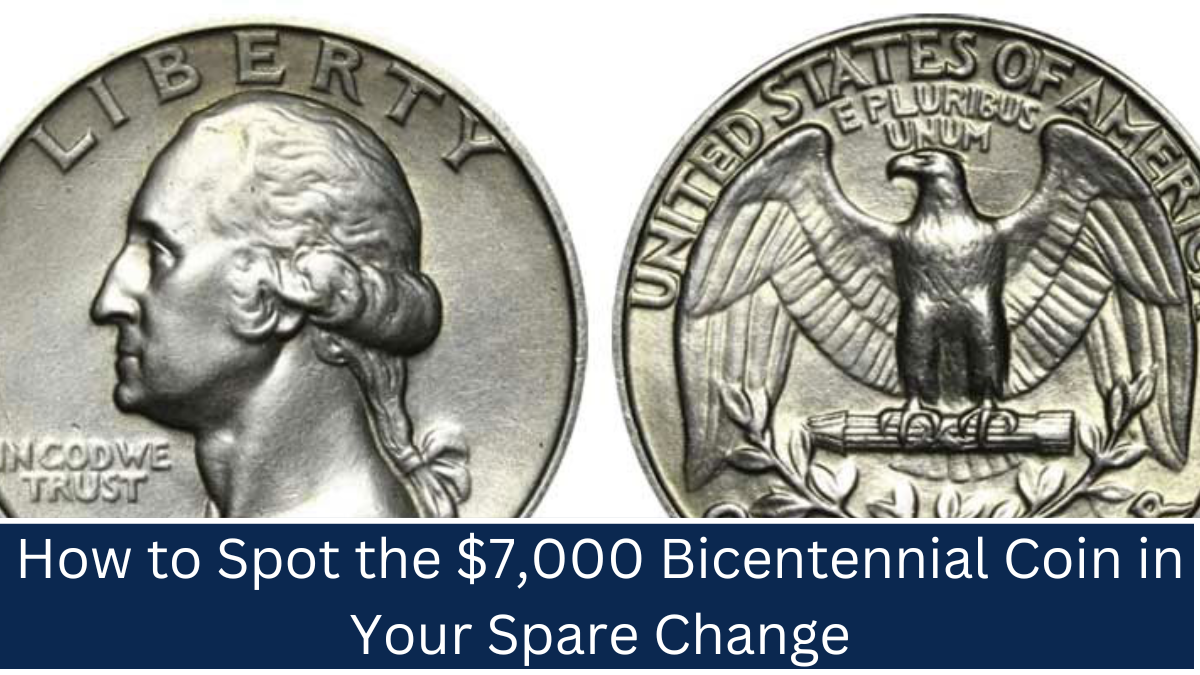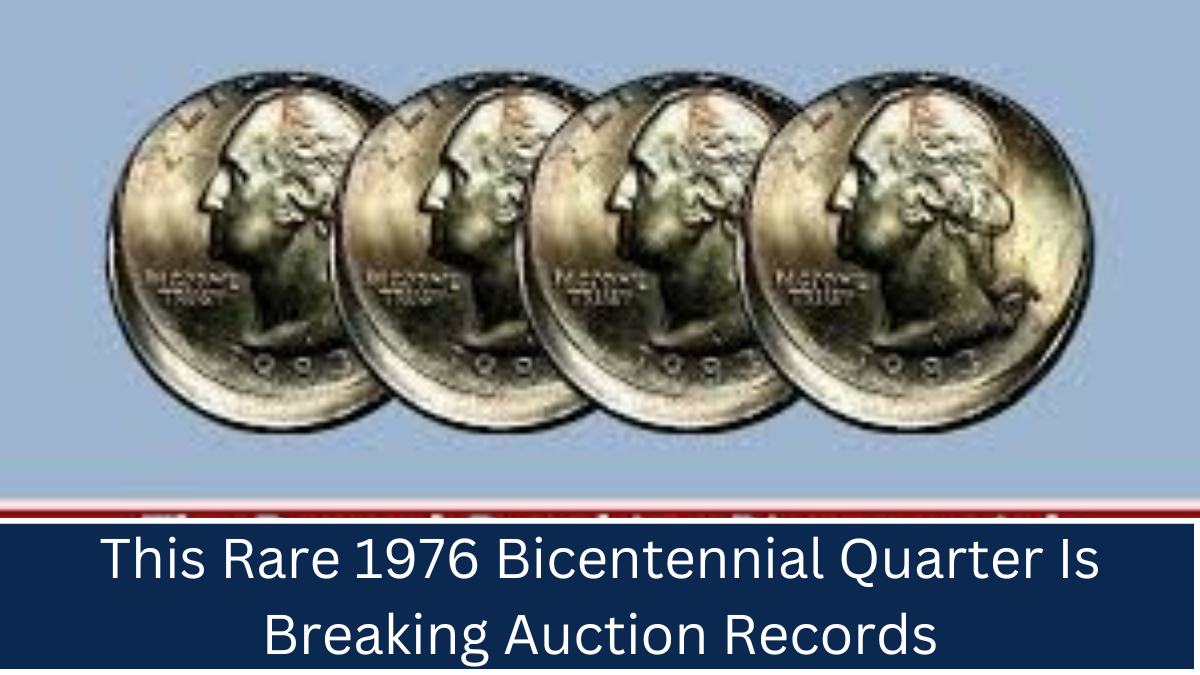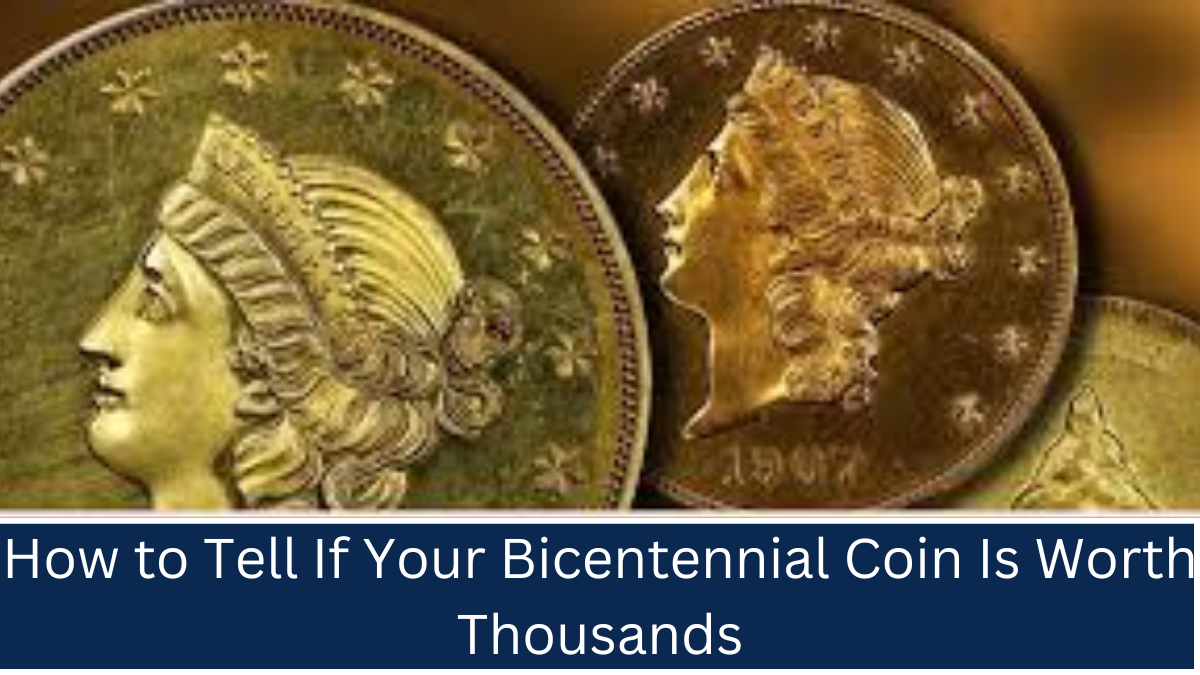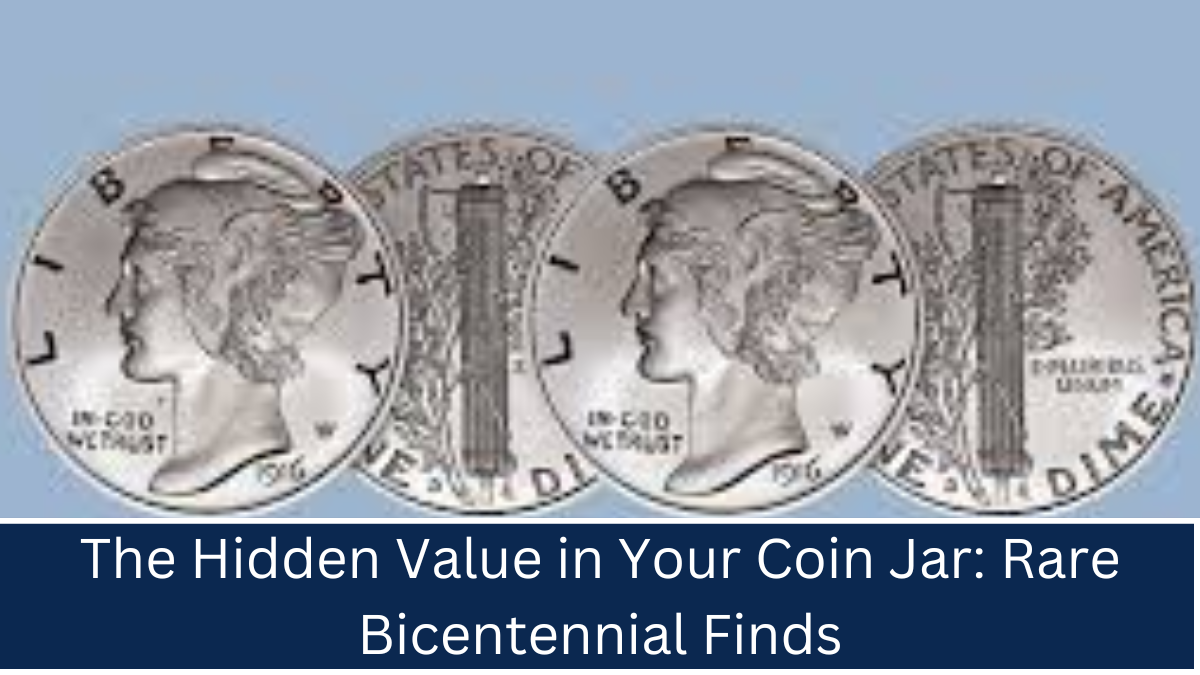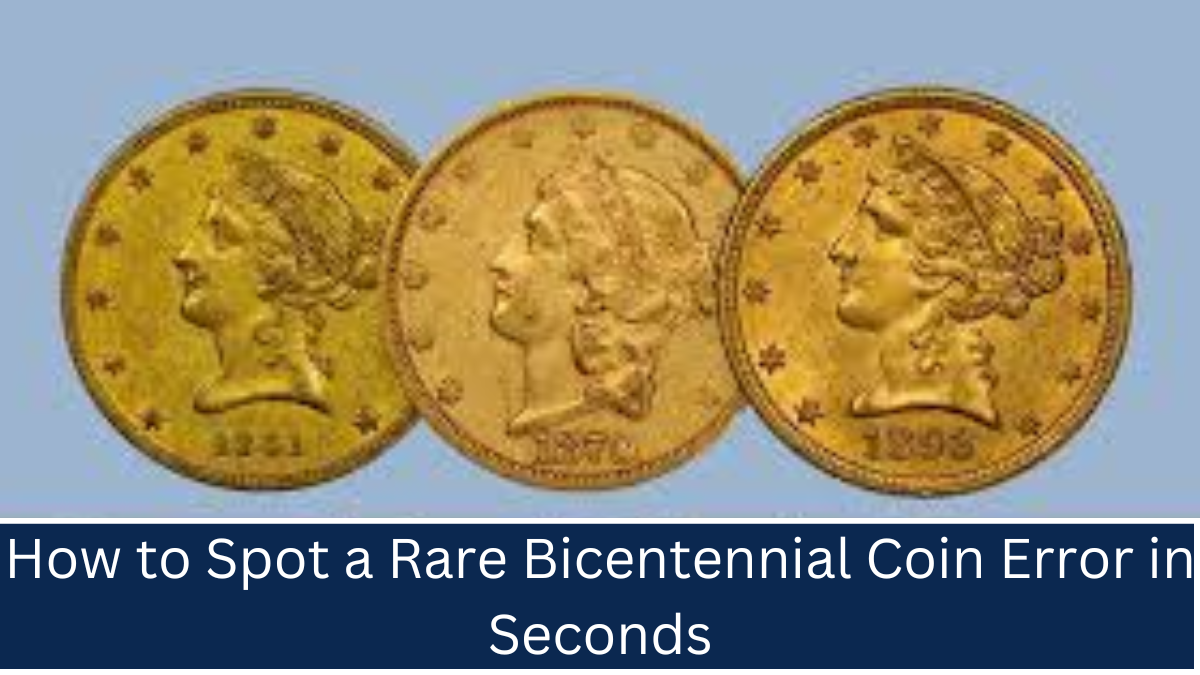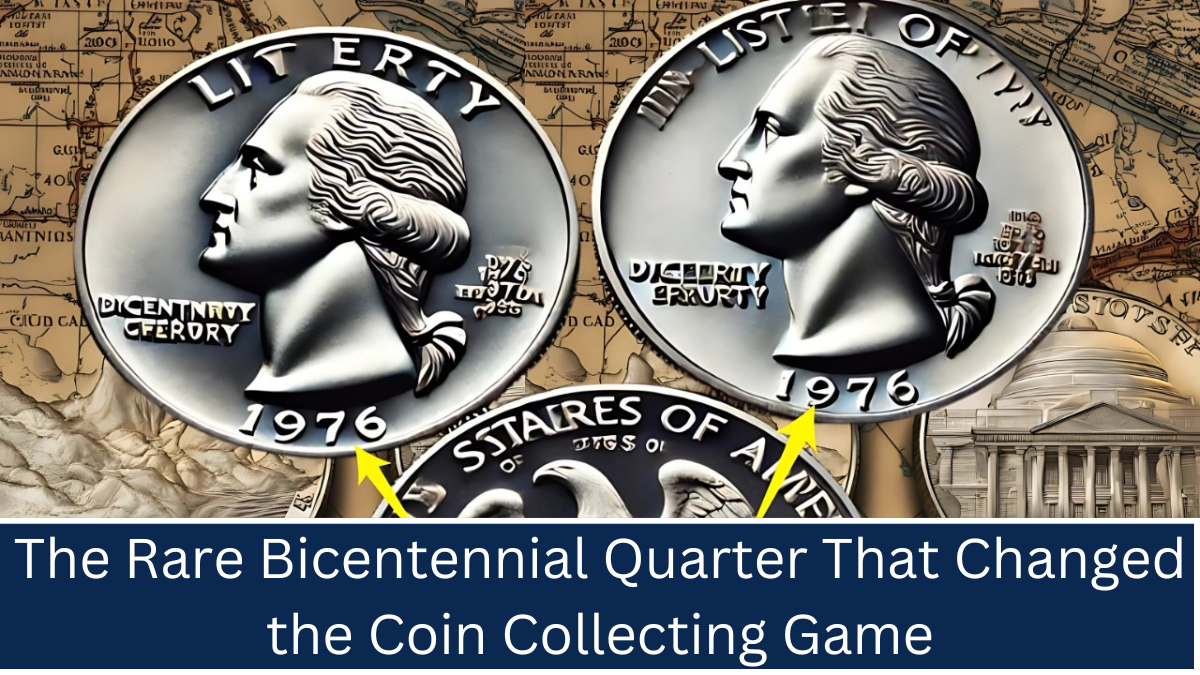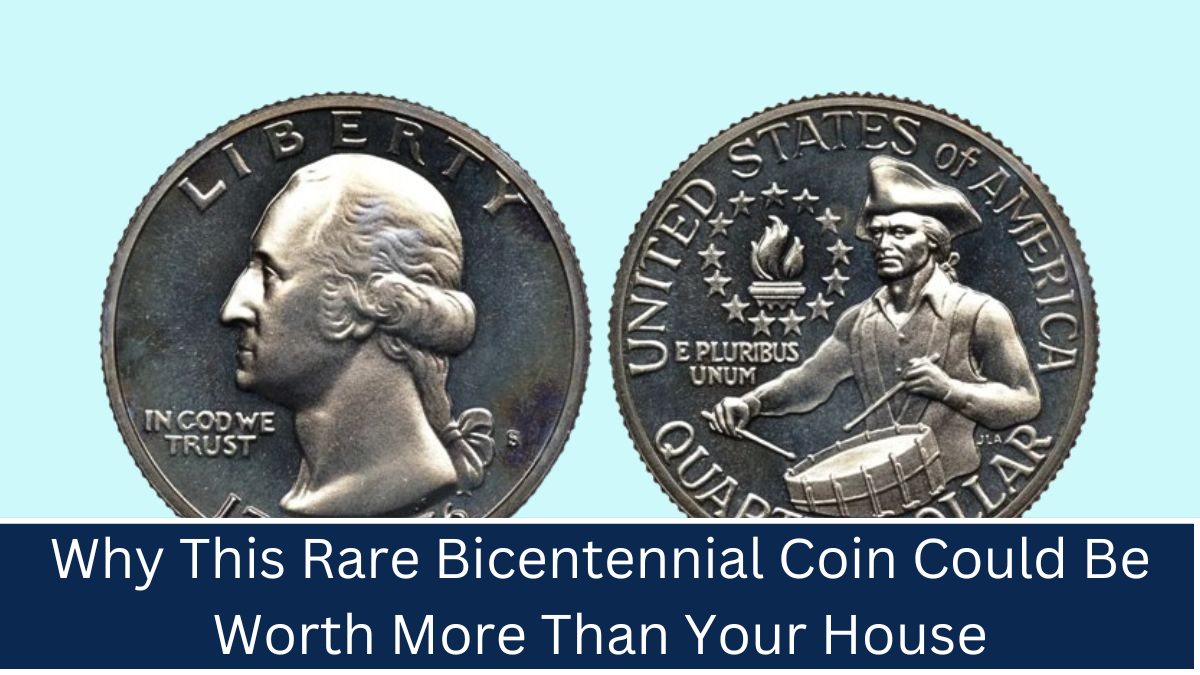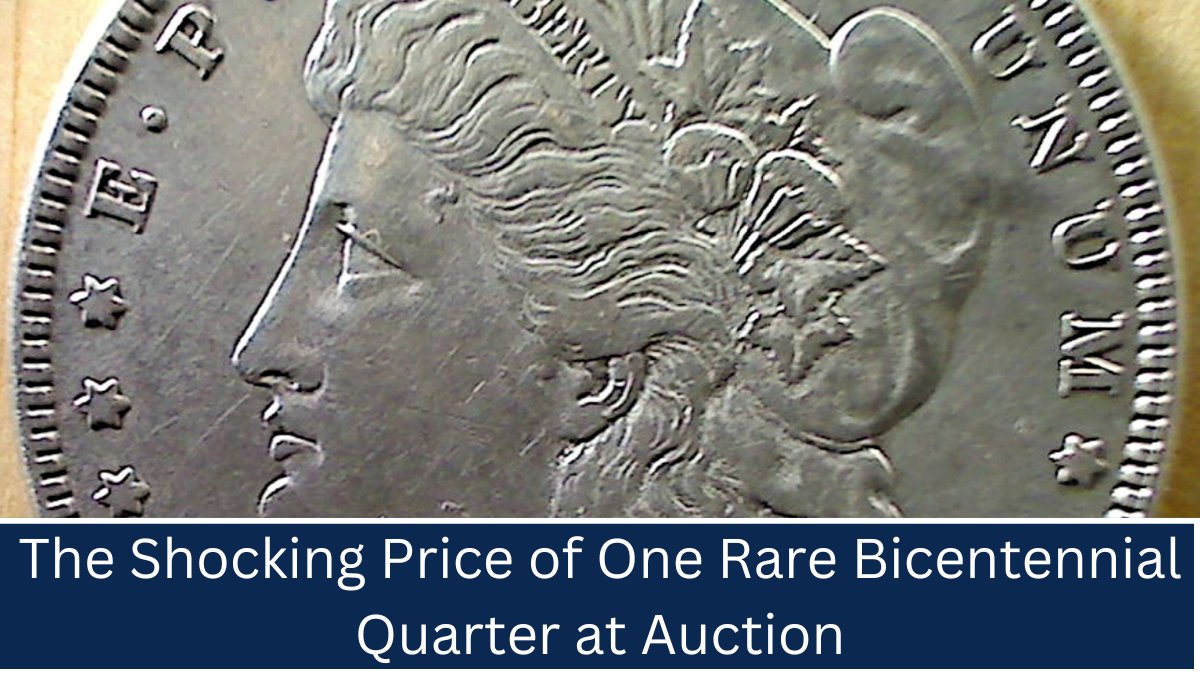Bicentennial coins, issued in 1976 to mark the United States’ 200th anniversary, have grown in popularity and value over the years. While most coins from this era are relatively easy to find, a select few have become rare and highly valuable. These coins, including the Bicentennial Quarter, Bicentennial Half Dollar, and Bicentennial Dollar, are highly sought after by collectors, with some being worth far more than their face value. However, like all collectible assets, their value can be compromised by neglect. Knowing how to properly protect your rare Bicentennial coins is key to preserving their worth for the future. This article will explore the best practices for safeguarding your coins and maximizing their value.
1976-D Bicentennial Quarter (Doubled Die Error)
The 1976-D Bicentennial Quarter is one of the most valuable of all Bicentennial coins, especially when it has a Doubled Die Error. This error happens when the die used to strike the coin has an additional impression, resulting in doubled text or numbers. This defect makes the coin much more valuable, and it is highly sought after by collectors. Preserving the condition of this coin is essential to maintaining its value.
1976-S Proof Bicentennial Half Dollar
The 1976-S Proof Bicentennial Half Dollar was minted specifically for collectors, and its proof quality sets it apart from regular circulating coins. Proof coins have a mirrored finish and are often minted in lower quantities. As a result, this coin is highly desirable. If you’re lucky enough to have one, be sure to store it carefully to avoid scratches, tarnishing, or any other form of damage.
1976-P Bicentennial Dollar (Off-Center Strike)
The 1976-P Bicentennial Dollar is a significant coin, and when it features an off-center strike, it can be worth thousands of dollars. This rare minting error occurs when the coin is struck off-center, leading to a misalignment of the design. Off-center Bicentennial dollars are coveted by collectors, so preserving them in the best possible condition is essential.
Bicentennial coins are more than just historical relics—they are investments that can appreciate over time. By understanding the factors that contribute to their value, such as minting errors, silver content, and proof quality, collectors can take steps to preserve their rare coins for future generations. Whether it’s ensuring they are stored in temperature-controlled environments or handling them with care to avoid scratches, protecting your Bicentennial coins from losing value is key to their long-term worth. With proper storage, handling, and ongoing research into the market, these coins can continue to be a profitable asset for years to come.
FAQ’s:
How can I tell if my Bicentennial coin is valuable?
Look for rare minting errors, such as the Doubled Die Error on the quarter or off-center strikes on the dollar. Additionally, coins in uncirculated or proof condition will be worth more than regular circulating ones.
What’s the best way to store my Bicentennial coins?
Store your coins in a cool, dry place, ideally in protective holders like clear plastic capsules or padded folders to prevent scratches and other damage.
Why are Bicentennial coins valuable?
They are valuable due to their historical significance, limited mintage, unique design, and in some cases, errors or special features, like the silver content in some proof versions.
Should I clean my rare Bicentennial coins?
It is generally not recommended to clean rare coins, as doing so can reduce their value. The best practice is to leave them in their natural, unaltered condition and store them properly.
How can I protect my Bicentennial coins from tarnishing?
Silver Bicentennial coins can tarnish over time. To prevent this, store them in anti-tarnish holders or capsules, and avoid exposing them to air, moisture, or sunlight for extended periods.
